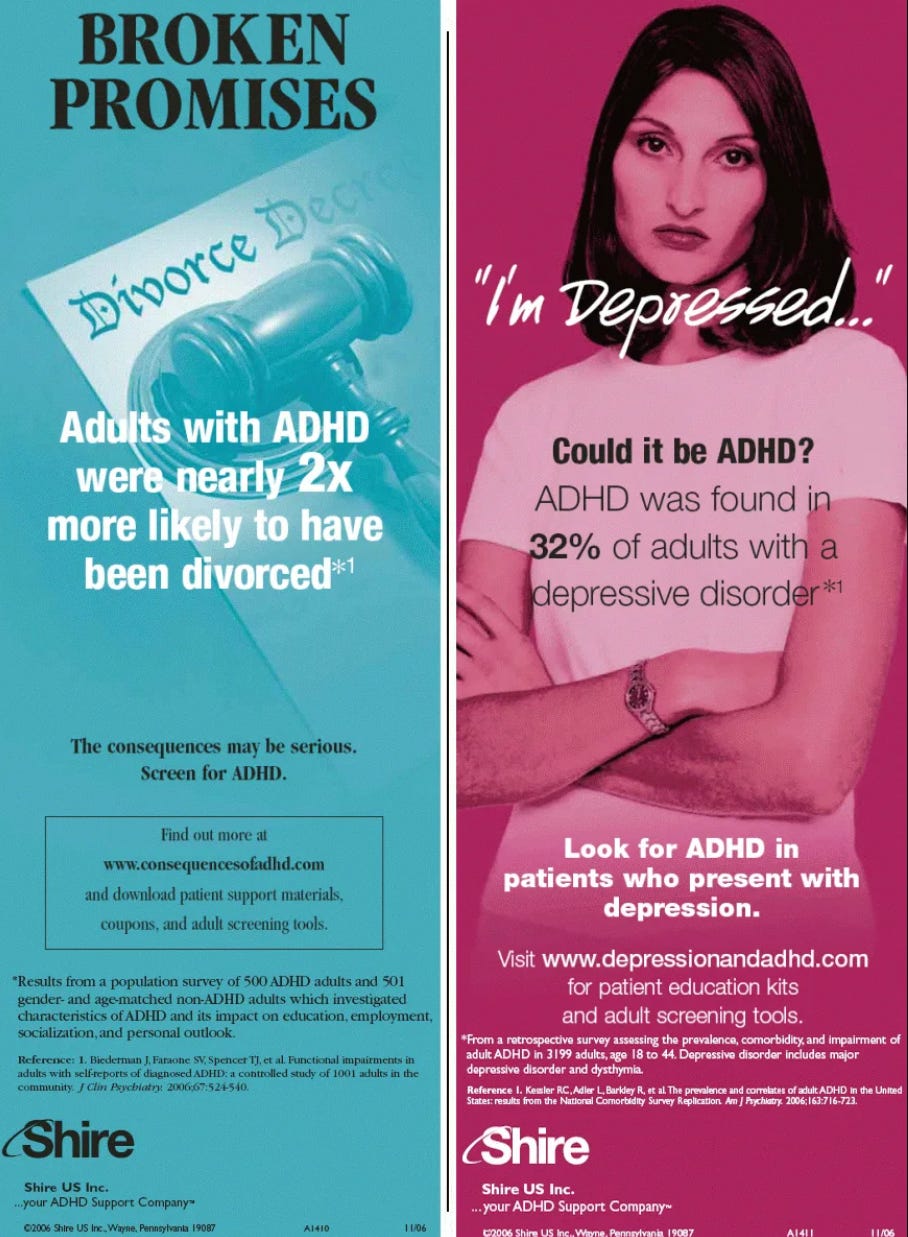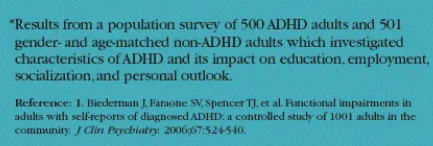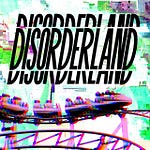Jess and Ayesha discuss a New York Times article that wants us to think all our relationship problems are caused by an undiagnosed brain disorder.
Tangents include: navigating conflict in relationships without reducing our loved ones to a diagnostic label, the usefulness and limits of the word “neurotypical”, how very not cute those #ADHDWife TikToks are, misapplying the concept of “object permanence” to relationships, and why we keep forgetting to put the laundry in the dryer.
Show Notes
The NYT Article: A.D.H.D. Can Strain Relationships. Here’s How Couples Cope.
A major theme throughout this article is the idea that people diagnosed with ADHD do not have agency, as articulated here by conservative libertarian psychiatrist and nemesis of the show, Russell Barkley:
“Our loved ones with A.D.H.D. cannot help behaving the way they do,” Dr. Barkley said. It is a biological disorder, he added, “not a lifestyle choice. It is not simply something they could change in their mind over time if they wanted to.”
Shire’s 2006 Divorce Ad:
This “2X more likely to be divorced” stat was based on a study of 500 people and look who’s the first author:
It’s Joseph Biederman! The psychiatrist whose work contributed to a 40-fold increase in the diagnosis and pharmaceutical treatment of childhood bipolar disorder! Who neglected to disclose that he took over a million dollars from companies that make antipsychotics! It’s a small world out here in Disorderland lol
A Correction: Jess accidentally said “New Relationship Excitement” — for the record, it is “New Relationship Energy”, which occurs in the beginning stages of The Relationship Escalator, a popular concept in polyamory circles
More on the neoliberal co-optation of neurodiversity and the use of the term “neurotypical” politically, not biologically


Object permanence is a concept developed by the Swiss developmental psychologist Jean Piaget to refer to the stage when an infant begins to understand that objects out of sight do not cease to exist entirely. The term is commonly misapplied to all kinds of things in popular ADHD discourse that we think can actually be better explained by forgetfulness and inattention, for various other reasons, such as the sheer amount of objects we are forced to own and manage in a consumer society, or you know, the distraction of having to “pay 7,000 bills”, as Ayesha said.
 the inevitable end of diagnosis culture is completely removing agency from people — complete infantilization so that none of us have free will. what an attractive concept for people who wish to remove themselves from the complicated truth of what it means to live a life!If your #ADHD friend hasn’t been in touch I promise they still love you. They just don’t have object permanence so if something is no longer in front of them their brain loses track of it. Trust me, when you reach out their eyes light up & they are so excited to hear from u!
the inevitable end of diagnosis culture is completely removing agency from people — complete infantilization so that none of us have free will. what an attractive concept for people who wish to remove themselves from the complicated truth of what it means to live a life!If your #ADHD friend hasn’t been in touch I promise they still love you. They just don’t have object permanence so if something is no longer in front of them their brain loses track of it. Trust me, when you reach out their eyes light up & they are so excited to hear from u! Josh Weed @The_Weed
Josh Weed @The_Weed

















Share this post